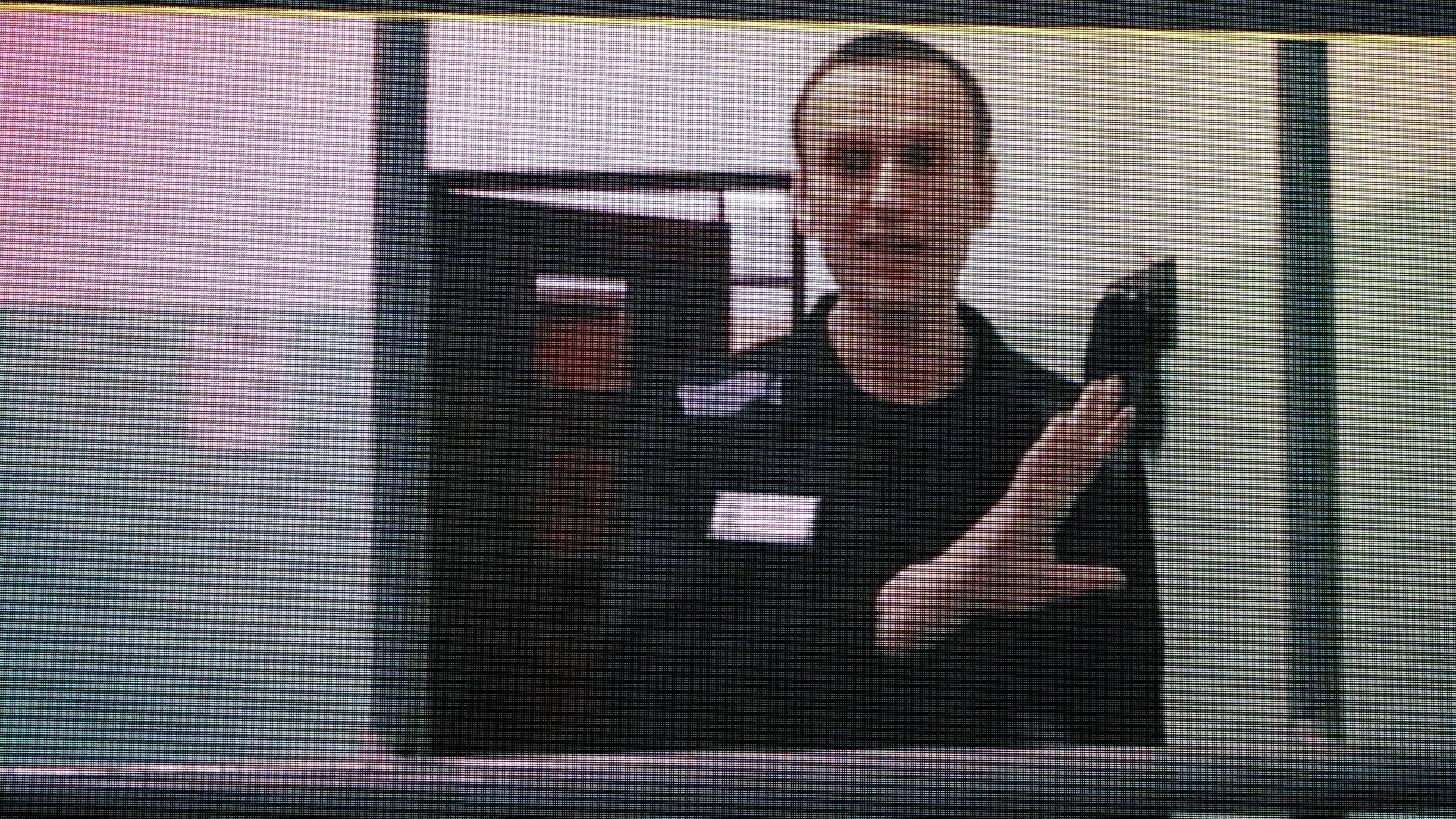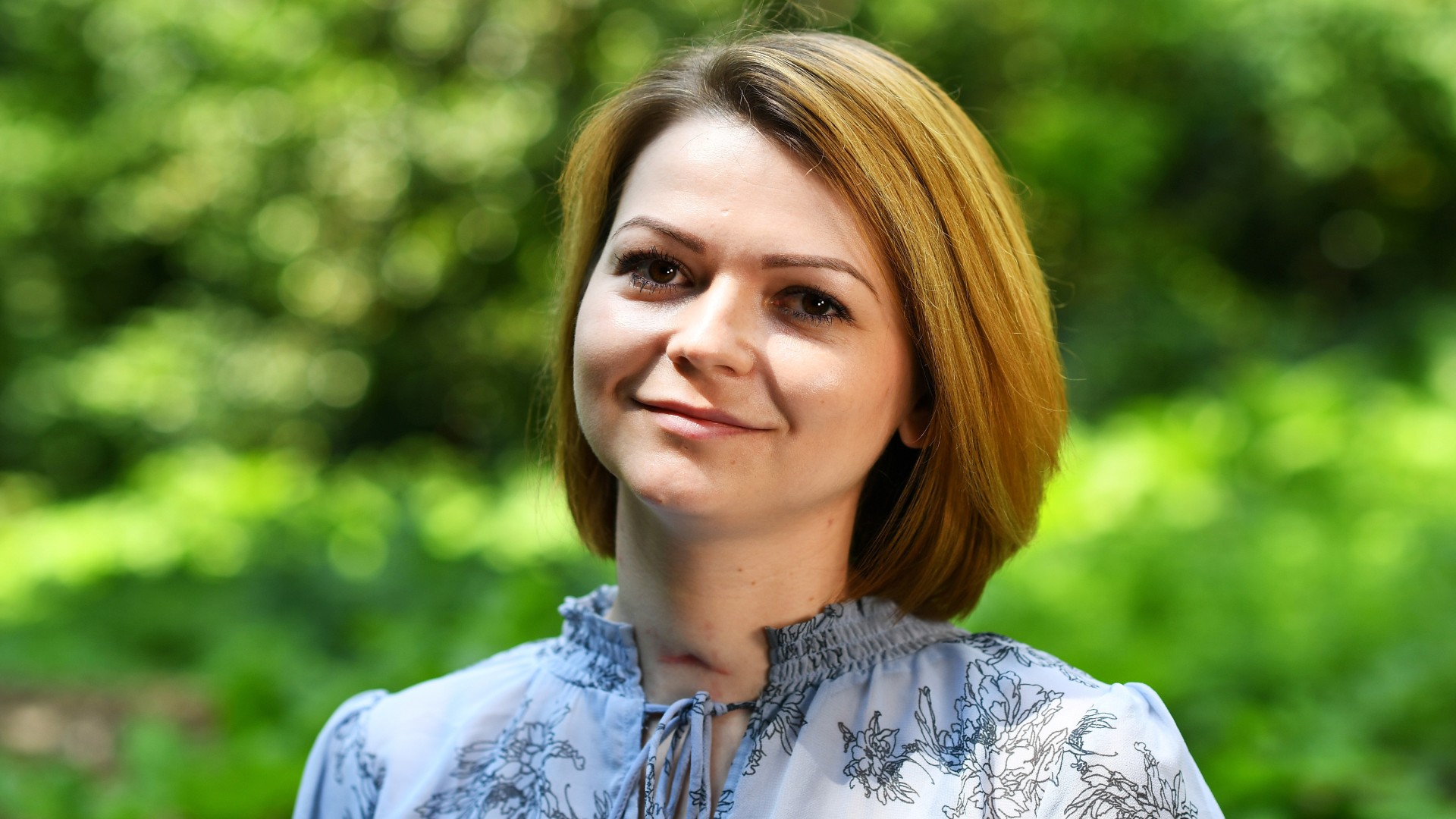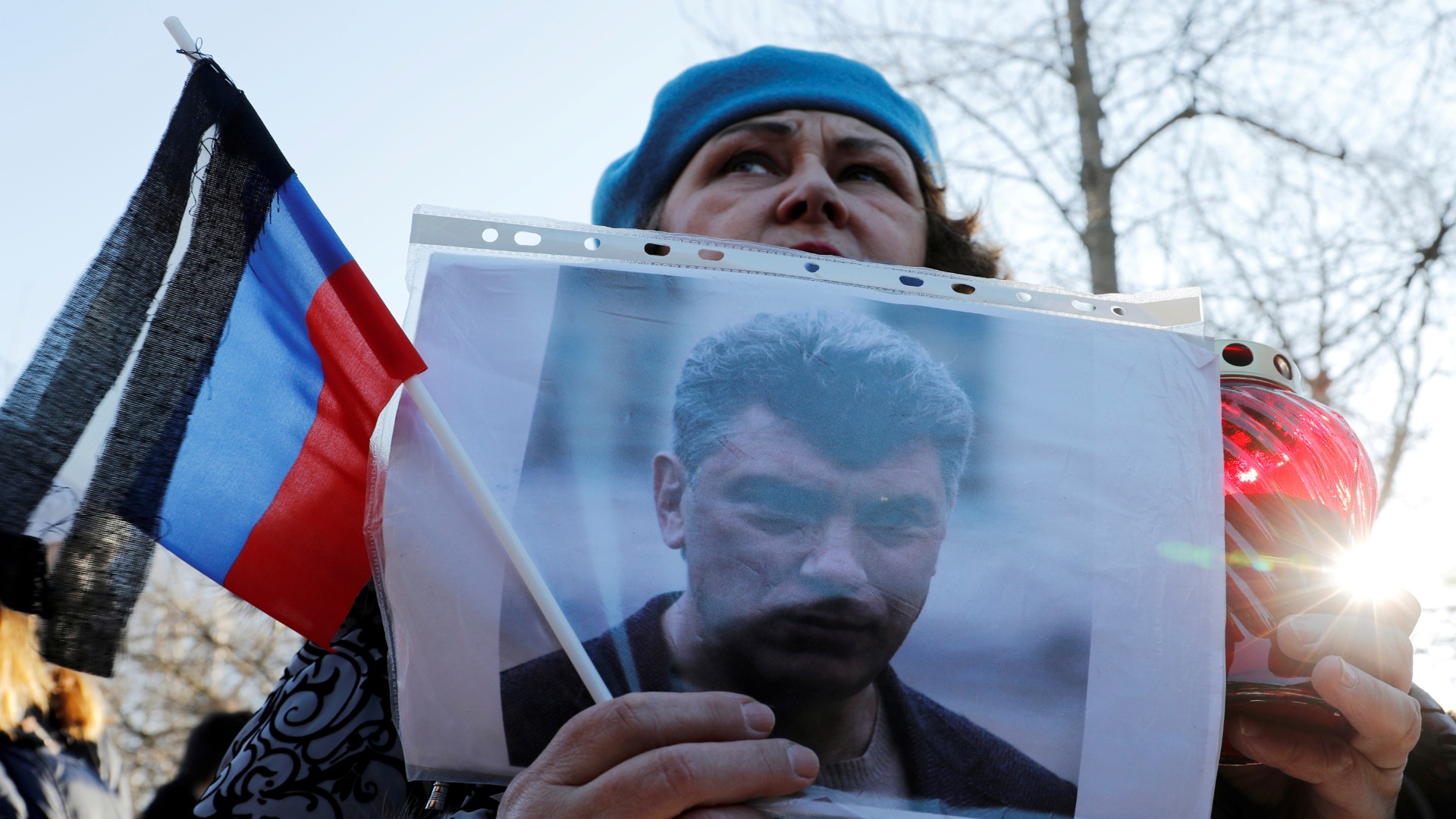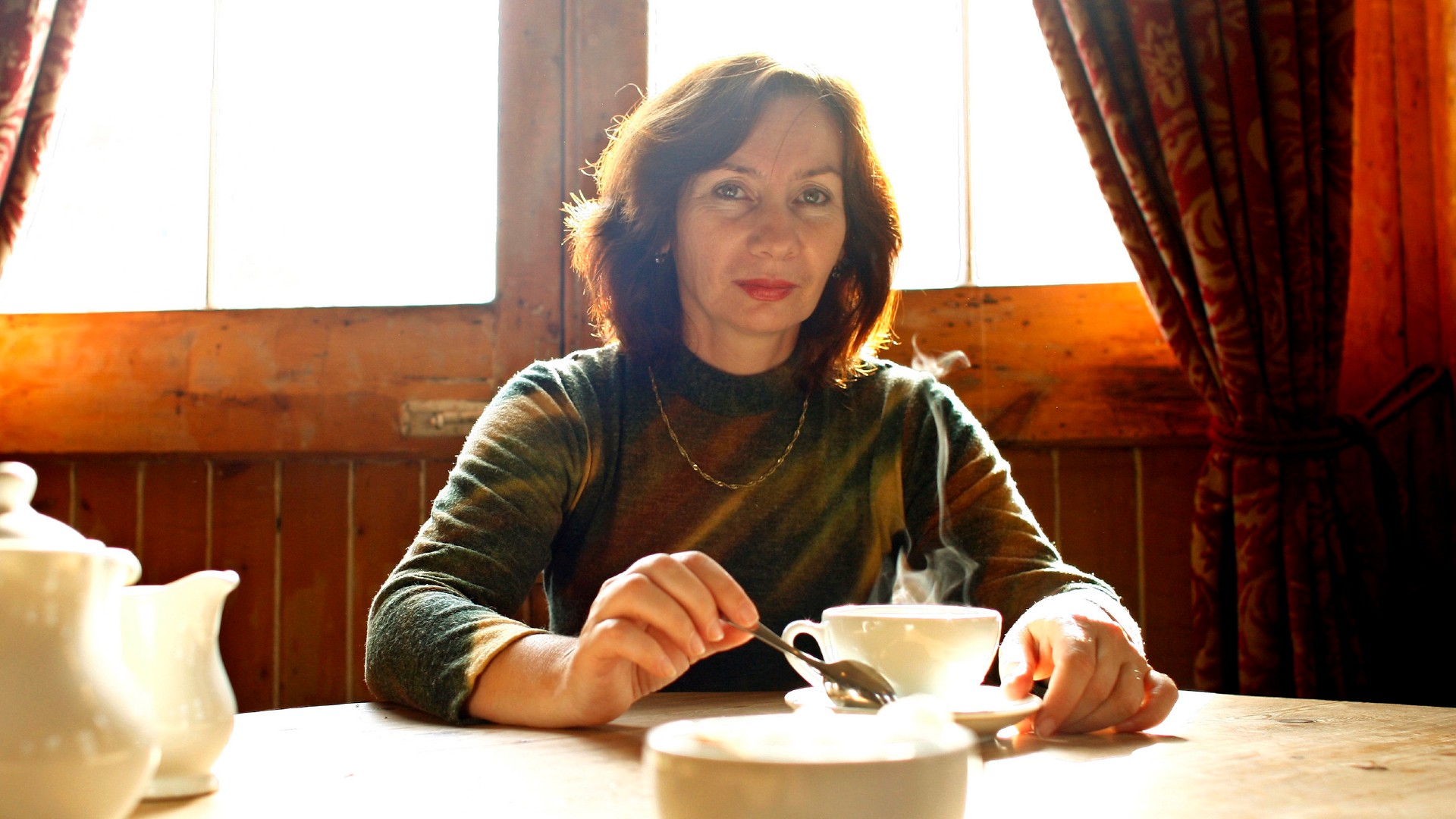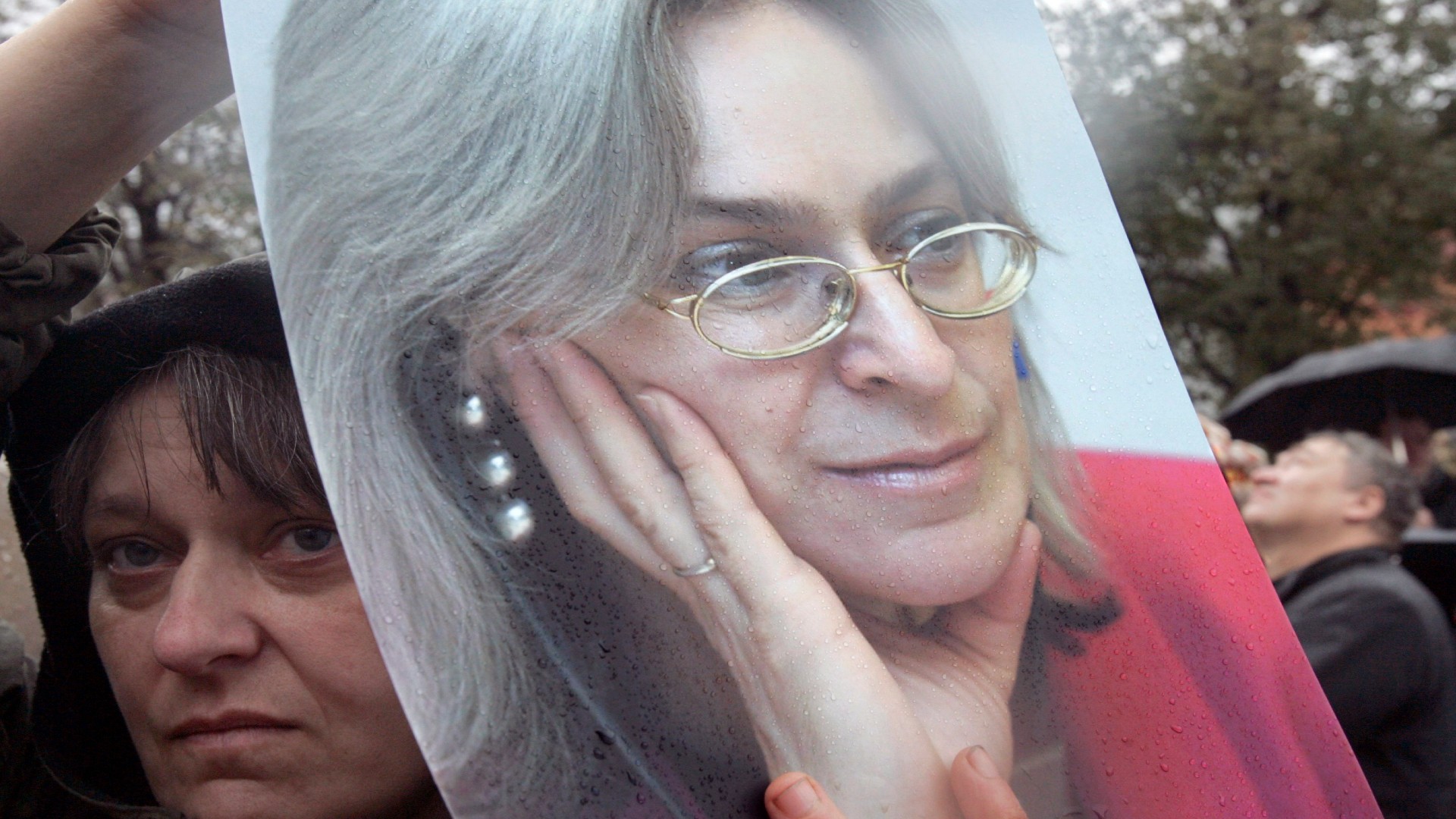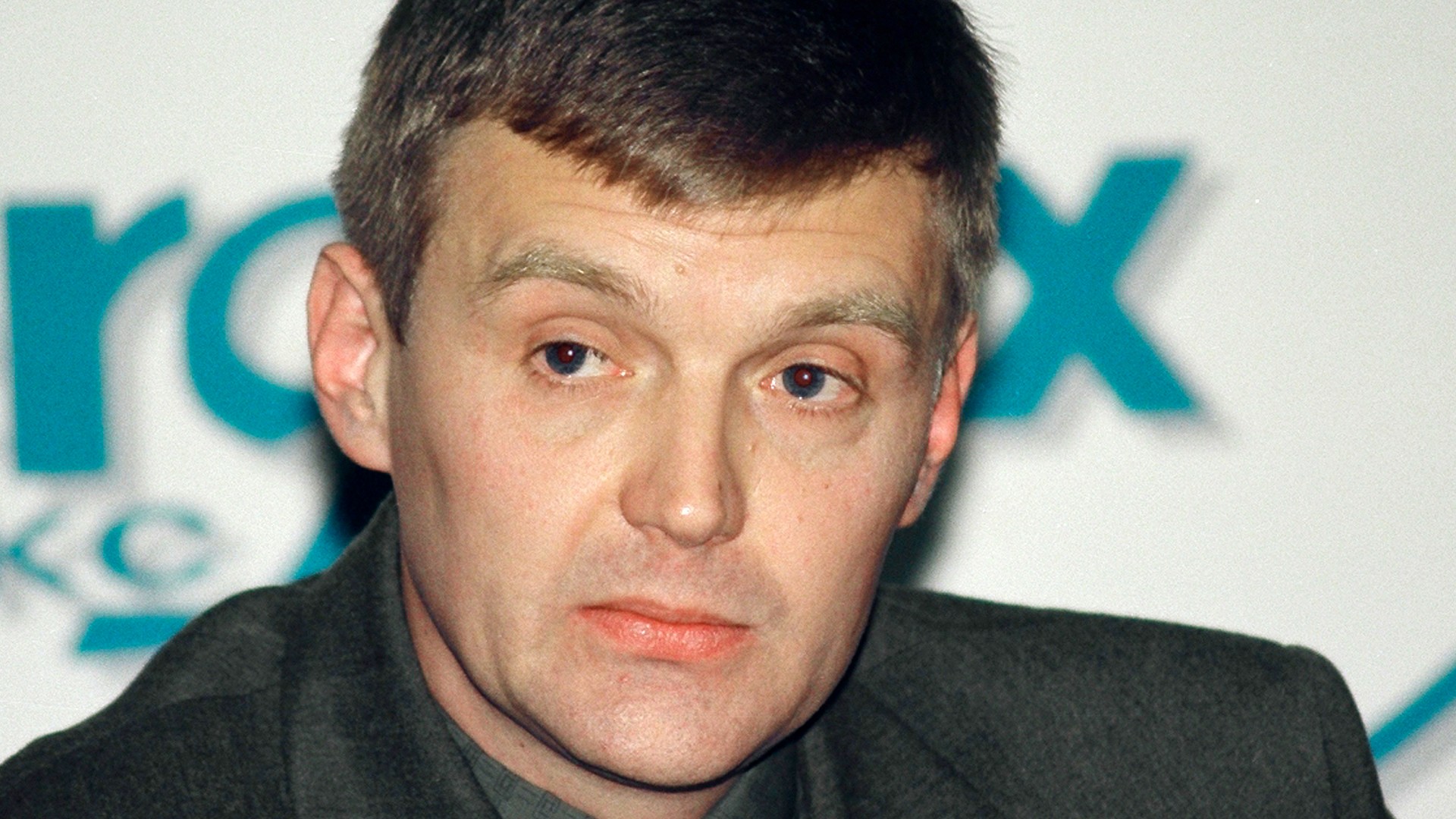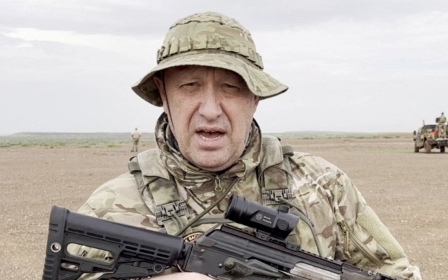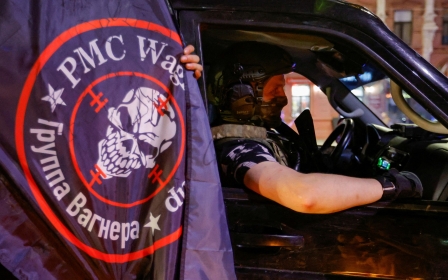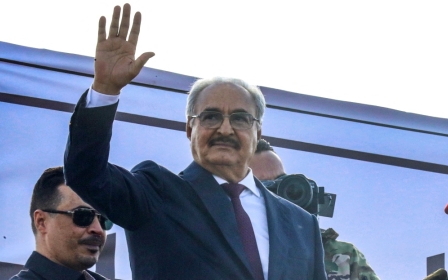Poisoned, shot, killed in plane crash: Seven Putin critics targeted in mysterious attacks
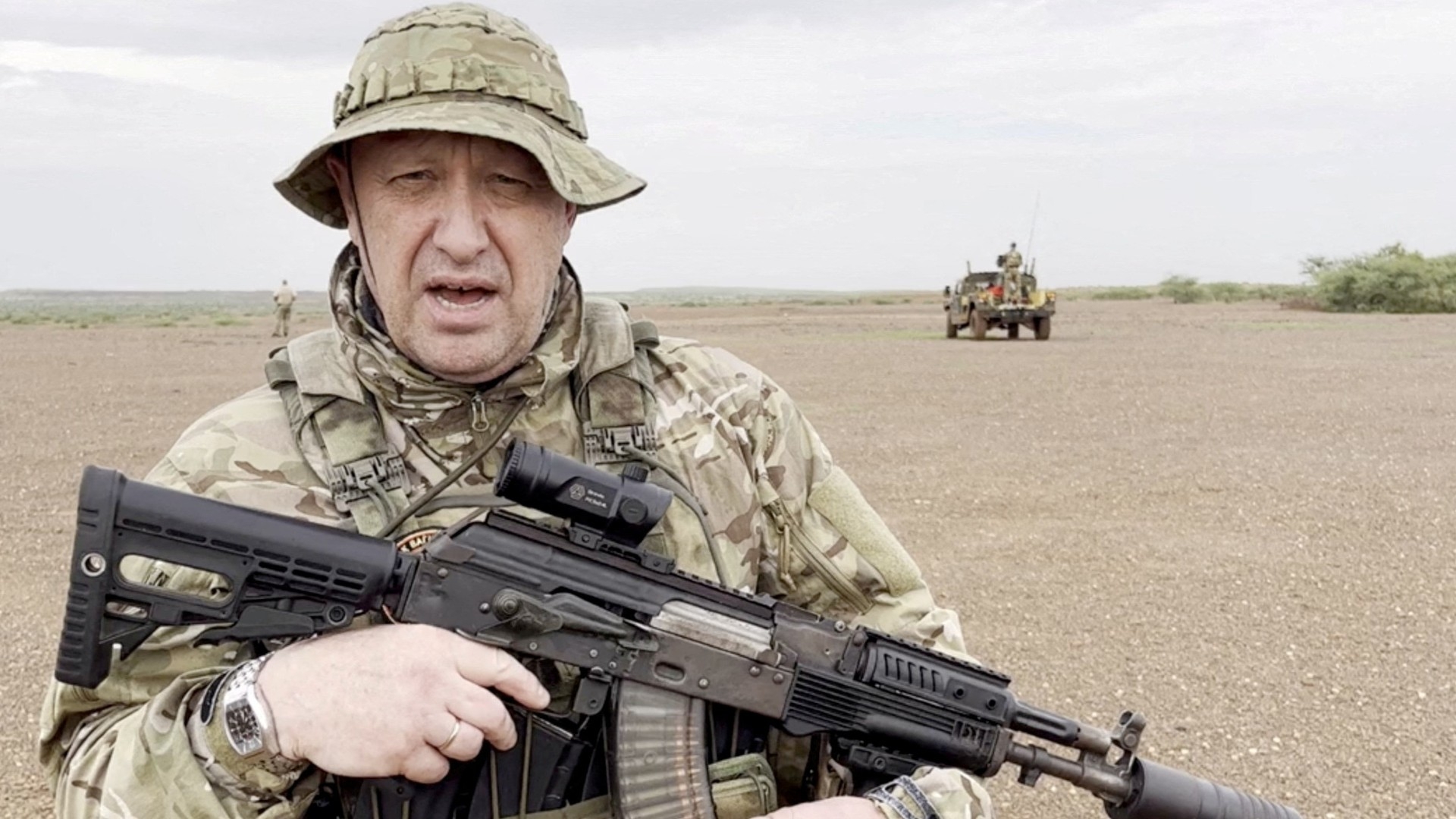
Wagner mercenary chief Yevgeny Prigozhin is the latest in a long list of Kremlin foes who have died or come close to death, under mysterious circumstances.
Prigozhin, who just two months ago launched a botched coup against President Vladimir Putin, is believed to be among the passengers who died in a fatal plane crash on Wednesday in Russia.
Following Prigozhin’s aborted mutiny in June, Putin was quick to warn rebels that they had “betrayed Russia".
An unverified video of the incident reveals the plane crashing down northwest of Moscow, with one wing intact. Witnesses also reported hearing two explosions, suggesting that the plane could have been fired at.
Senior Wagner commander and founder, Dmitry Utkin was also reported to be on board the jet.
New MEE newsletter: Jerusalem Dispatch
Sign up to get the latest insights and analysis on Israel-Palestine, alongside Turkey Unpacked and other MEE newsletters
US President Joe Biden expressed “no surprise” at the Wagner chief’s supposed death and indicated that the crash could be traced back to Putin.
Below is a list of seven other Putin critics believed to have been the targets of assassination attempts orchestrated by the Kremlin.
1. Alexei Navalny, 2020
Opposition leader and anti-corruption campaigner, Alexei Navalny narrowly survived poisoning by Novichok nerve agent in Siberia in August 2020. Navalny was flown to a hospital in Berlin to recover but was immediately detained on his return to Moscow on 17 January 2021 and sentenced to 19 years behind bars for extremism, in a trial that is widely seen as retribution for his opposition to Putin.
2. Sergei and Yulia Skripal, 2018
Former double agent Sergei Skripal and his daughter, Yulia narrowly survived a Novichok poisoning in Salisbury in March 2018.
In response to British allegations that Russia’s military intelligence was responsible for the attack, Putin said: “He is just a spy, a traitor to the homeland." Skripal was sentenced to 13 years in prison for passing state secrets to the United Kingdom. He was later pardoned and released as part of a spy swap with the West in 2010.
3. Boris Nemtsov, 2015
Fierce Putin adversary, and former deputy prime minister, Boris Nemtsov was reportedly tailed by an agent a year before he was shot dead outside the Kremlin on 27 February 2015.
Tipped to be Yeltsin’s successor, Nemtsov fell to the margins of Russian politics after Putin came to power in 2000. Since then, he worked as an anti-corruption campaigner, leading huge street rallies in protest against the 2011 parliamentary election results. Nemtsov was shot four times by an unknown assassin within hours of his call to the public to join a march against Russia’s involvement in Ukraine.
4. Natalia Estemirova, 2009
Natalia Estemirova was a human rights defender investigating atrocities perpetrated by Russian forces in Chechnya following the 1999 Chechen war. Estemirova was abducted and shot in the Chechen capital in Grozny on 15 July 2009.
In 2021, the European Court of Human Rights ruled that the Russian authorities had failed to conduct a proper investigation into her murder.
According to Amnesty International, Russia’s inaction gave “carte blanche” to Chechen leaders to persecute human rights defenders. In the aftermath of Estemirova’s murder, a slew of human rights defenders were intimidated, attacked, jailed, and even killed.
5. Anna Politkovskaya, 2006
Novaya Gazeta Journalist Anna Politkovskaya was shot in the lobby of her Moscow apartment block on 17 October 2006, on Putin’s 54th birthday.
Politkovskaya had extensively documented the atrocities of the 1999 Chechen war. Her unswerving reporting meant she was dogged by threats of death and rape, kidnap and poisoning attempts.
An investigation revealed that it was a contract killing, with a fee of $150,000 paid to an unknown assassin. The Kremlin denied any involvement.
In the wake of Politkovskaya’s murder, space for independent journalism in Russia shrank. Since then, the Committee to Protect Journalists has recorded the killings of 20 journalists, and Freedom House has counted 63 violent attacks on reporters.
6. Alexander Litvinenko, 2006
The defector Alexander Litvinenko died after drinking green tea laced with deadly polonium-210 at a London hotel in 2006.
A UK public inquiry found that his murder was “probably approved” by Putin and executed by former KGB bodyguards Andrei Lugovoi and Dmitry Kovtun. The Kremlin has denied any involvement in his murder.
The European Court of Human Rights concluded that the Russian state's failure to refute the claims further indicated its responsibility for the killing.
Litvinenko had fled Russia where he had worked for the Russian Federal Security Service in 2000. From exile in London, he became a vocal critic of the agency, blaming them for the 1999 Moscow apartment bombings. He also accused Putin of ordering the murder of Politkovskaya.
Middle East Eye delivers independent and unrivalled coverage and analysis of the Middle East, North Africa and beyond. To learn more about republishing this content and the associated fees, please fill out this form. More about MEE can be found here.


